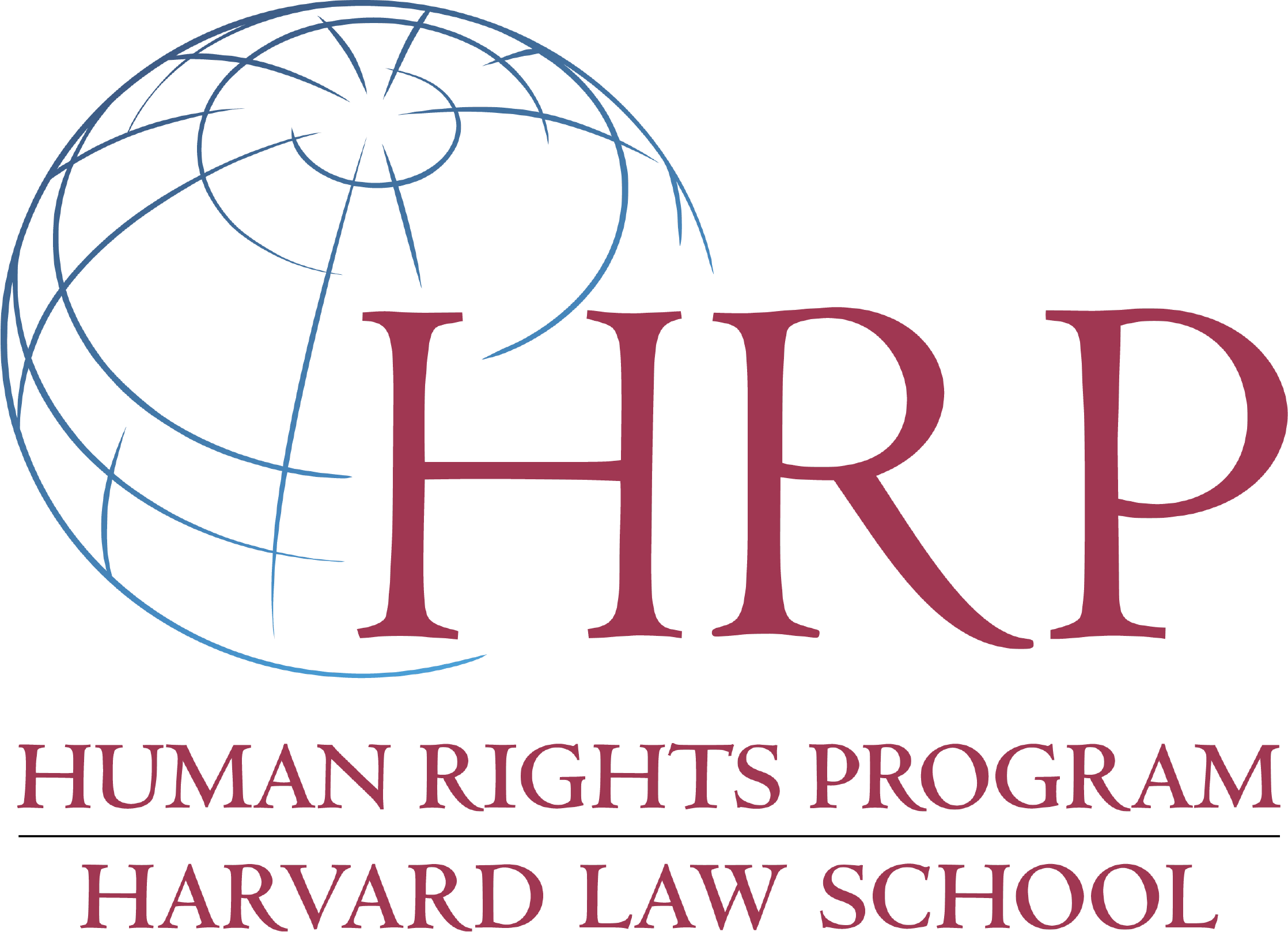Irish Parliament Receives Further Overwhelming Evidence of State Involvement in Magdalene Laundries Abuse
Today, we at the Justice for Magdalenes (JFM) advocacy group presented every member of the Irish houses of Parliament with a 146-page submission entitled “State Involvement with the Magdalene Laundries.” It contains overwhelming proof, if further proof were needed, that the Irish State was directly complicit in and knowingly turned a blind eye to the horrific abuse of women and girls in the Magdalene Laundries, which operated from 1922 until 1996.
Survivors of the Laundries have been waiting decades for an apology and the redress they deserve. After significant national and international pressure, the State finally took a small step forward last summer, setting up a Committee “to establish the facts of State involvement with the Magdalen Laundries, to clarify any State interaction, and to produce a narrative detailing such interaction.” But the government has been hiding behind the Committee since then.
Every time JFM and others have pressed the Minister for Justice on the ongoing lack of an apology and restorative justice for the women, the Minister has held fast to the line that the government “will not pre-empt” the findings of the Committee. To make matters worse, the Minister announced last week that the Committee had revised its “mid-2012” deadline and that its final report may not be published until the end of this year.
This is the same Minister for Justice who, while in opposition in 2009, called for immediate redress measures because of the “absolutely irrefutable evidence” that the state was “directly complicit” in the Magdalene Laundries abuse.
We have been providing the government with proof of its complicity for years. Our final submission to the Committee in August was supported by over 4,500 pages of documentary evidence—including 795 pages of testimony from Magdalene survivors and other witnesses to the State’s involvement in the Laundries’ system of slavery, servitude, and forced labor.
But we are not the only advocates to speak out on this issue. The UN Committee against Torture recommended 15 months ago that survivors obtain redress within one year. Nearly two years ago, the Irish Human Rights Commission found clear evidence of state responsibility for the Magdalene abuse and recommended an immediate investigation and compensation mechanism.
Still, the State says it needs more time.
Survivors of the Laundries are in their 60s, 70s, and 80s now. Many lack the necessary income or savings to look after their health and well-being. Their pensions do not reflect the years—often decades—of forced labor that they carried out in the laundries. They are still waiting for access to the specialized services for rehabilitation or re-integration they need.
The families of the women who died in the Laundries are waiting as well. I n many cases, the religious orders that ran the laundries have failed to provide information about the lives of their relatives, the circumstances of their deaths, or even their medical histories. Countless women who died within the laundries still lie in unmarked graves.
Last summer, we welcomed the investigation into the facts of State involvement in the Magdalene Laundries—but as part of the restorative justice process, not as a barrier to other measures which the women urgently require.
With the evidence that the government has before it today, there is no need to keep Magdalene survivors waiting any longer. It is finally time for the State to do the right thing.
Maeve O’Rourke, LLM ’10, is an Advisory Board Member of Justice for Magdalenes. She was the 2010 HRP Global Human Rights Fellow and is training as a child and family law barrister in London.
